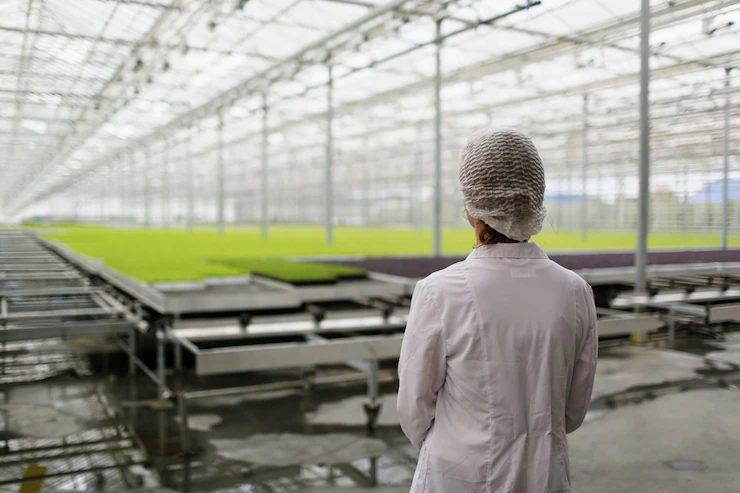Crop diversity plays a crucial role in building climate-resilient farming systems. Climate change poses significant challenges to agricultural production, including increased temperatures, changing rainfall patterns, and the occurrence of extreme weather events. These changes can have detrimental effects on crop yields and food security.
Crop diversity refers to the variety of different crops that are cultivated within a particular region or farming system. It encompasses genetic diversity within a crop species, as well as the presence of multiple crop species in a given area. Here are some ways in which crop diversity contributes to climate resilience in farming systems:
- Genetic Resilience: Crop diversity provides a wide range of genetic traits and characteristics that can help plants adapt to changing climatic conditions. Different crop varieties have varying levels of tolerance to heat, drought, floods, pests, and diseases. By cultivating diverse crop varieties, farmers increase the likelihood of having some plants that are better suited to withstand extreme weather events or changing climate conditions.
- Risk Distribution: Planting a variety of crops spreads the risk associated with climate variability. If a particular crop fails due to unfavorable weather conditions, other crops in the system may still thrive. This reduces the vulnerability of farmers to climate-related crop failures and helps ensure a more stable food supply.
- Ecosystem Services: Crop diversity enhances ecosystem services such as pest control, soil fertility, and pollination. By growing a mix of crops, farmers can create more diverse habitats that support beneficial insects, birds, and microorganisms. These organisms contribute to pest control, nutrient cycling, and pollination, thereby reducing the dependence on synthetic inputs and enhancing overall farm resilience.
- Nutritional Security: Diverse crops provide a wider range of nutrients in diets, contributing to improved nutrition and health. Monoculture systems, where only a single crop is grown, often result in limited dietary diversity. By promoting the cultivation of diverse crops, farmers can ensure access to a more balanced and nutritious diet, which is especially important in the face of climate change impacts on food availability.
- Adaptation and Innovation: Crop diversity provides a foundation for adaptation and innovation in agriculture. It serves as a valuable resource for plant breeders, who can use diverse crop genetic material to develop new varieties that are more resilient to changing climatic conditions. Traditional knowledge and practices associated with diverse cropping systems also offer insights into sustainable farming practices that can be adapted to current climate challenges.
To effectively harness the benefits of crop diversity, it is important to promote conservation and utilization of traditional crop varieties, support farmer-led seed systems, invest in research and development of climate-resilient crop varieties, and create policies that incentivize diversification in agricultural landscapes.
Overall, crop diversity is a key strategy for climate-resilient farming systems, providing the foundation for adaptation, risk reduction, and sustainable food production in the face of climate change.







